As the years go on, a lot of people start turning down plans more often and leaning into life at home.
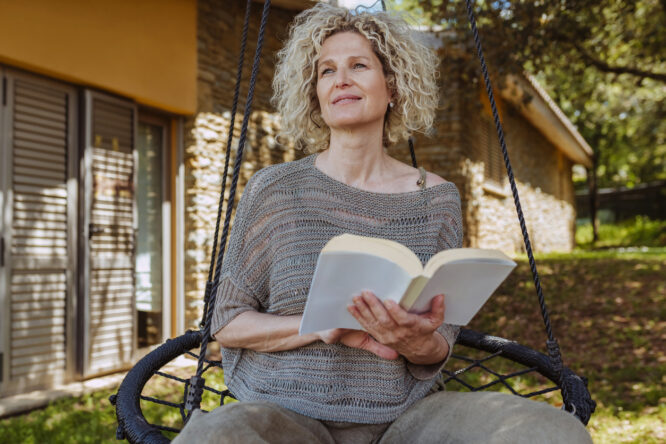
It doesn’t matter if you used to love nothing more than a wild night out, or if your social circle is wide and extremely active. As you get older, you might naturally gravitate toward staying in and leading a more laid-back lifestyle than you used to. Here’s why becoming a homebody feels more and more natural with age, and why you shouldn’t feel bad about it if that’s true for you.
1. Your energy isn’t unlimited anymore, and you know it.
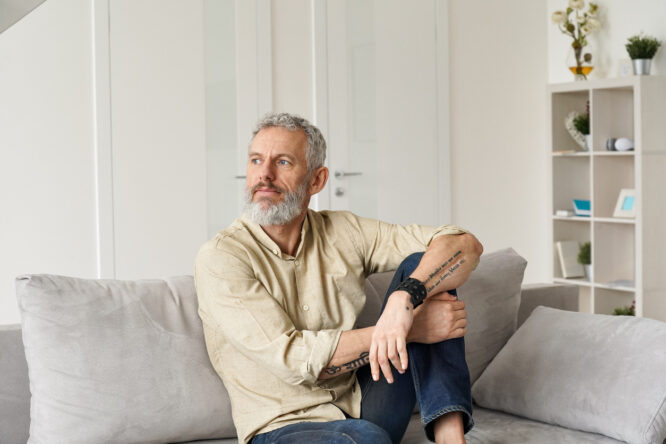
When you’re younger, you burn through energy like it’s endless. Of course, with age comes awareness of how much it actually costs to be “on” all the time. You start noticing how drained you feel after social events that used to leave you buzzing. That change makes rest feel less like missing out and more like a smart choice.
That doesn’t mean you’re getting boring—you’re just preserving your peace. You know your limits now, and you’re less interested in pushing past them for the sake of a night out. Home becomes the space where you recharge instead of overextend.
2. You stop needing external stimulation to feel fulfilled.
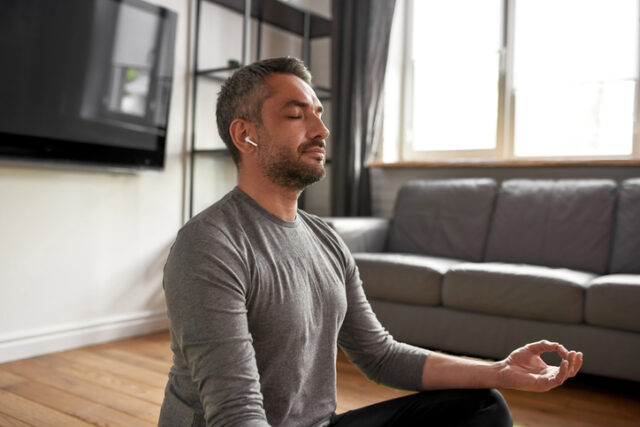
There’s a time when your life revolves around plans, crowds, and being everywhere. But as you get older, you realise a lot of that was about distraction or proving something. Once you’ve grown out of that, sitting at home doing nothing in particular can feel deeply satisfying.
It’s not that life gets dull—it just gets quieter in a good way. You don’t need flashing lights or noise to feel like you’re living anymore. That calm contentment? It starts to feel better than chasing after excitement.
3. Comfort becomes a higher priority than appearances.

Let’s be honest—going out usually means getting dressed up, being “on,” and managing small talk. At home, you can wear what you want, move at your own pace, and just be. The older you get, the less you care about impressing anyone, and the more you crave environments that don’t require a performance.
You realise you’re happiest when you don’t have to pretend. So instead of squeezing into jeans for the fifth time this month, you stay in your comfiest clothes and make the evening exactly what you want it to be.
4. You value meaningful connection over constant interaction.

When you’re younger, being around people all the time feels normal or even necessary. Of course, later on, you start craving quality over quantity. You’d rather have one deep, unfiltered conversation than a dozen surface-level chats in a crowded room.
It doesn’t mean you don’t like people anymore. It just means you’re more selective. You start noticing who actually feeds your energy versus who drains it. Often, that means choosing your couch and a quiet night over being socially stretched thin.
5. You’ve probably already been there, done that.

When you’ve already had your fun—clubs, concerts, late nights—those same scenes don’t hold the same pull. You don’t feel like you’re missing anything because you’ve already done it. Sometimes, repeating it just feels like forcing something that doesn’t fit anymore.
It’s not nostalgia. It’s just knowing what truly fills your cup now. That old FOMO fades away, replaced by a solid sense of, “I’ve had my moments, and I’m good.” Staying home becomes a choice rooted in confidence, not hesitation.
6. You start enjoying your own company more.

With time, you stop needing people around to feel okay. You learn to like being with yourself—not in a lonely way, but in a peaceful, self-aware way. You start figuring out what you actually like doing, thinking, and feeling when no one else is influencing it.
That comfort in your own presence turns your home into a sanctuary instead of just a stop between events. Solitude isn’t scary anymore; it’s restorative. Once you’ve tasted that, it’s hard to give it up.
7. You stop needing to prove anything to anyone.

Earlier in life, socialising can sometimes feel like a performance, like showing you’re fun, relevant, or worth including. With age, however, that urgency fades. You’ve got less to prove and more interest in just being who you are, without the show.
You stop chasing validation from big nights out or packed calendars. The approval that used to come from being seen out now comes from inner peace. That peace is easier to find with a book and tea than at a party you didn’t really want to attend.
8. Your space becomes more of a reflection of you.
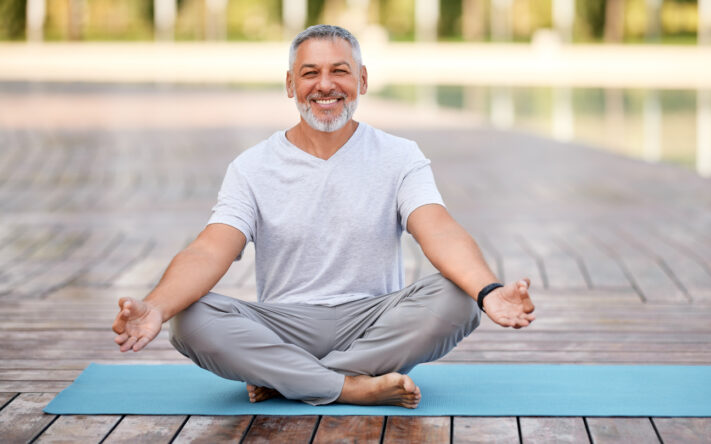
As you age, your home starts to feel more like an extension of your personality. It holds comfort, memories, your favourite things—all the stuff that makes you feel grounded. You’ve curated a space that fits you, and it feels good to be there.
When your home feels like a place you *want* to be instead of a place you’re just passing through, it changes everything. You’re not retreating from the world—you’re stepping into something that finally feels like yours.
9. Your boundaries get stronger, and your time feels more sacred.
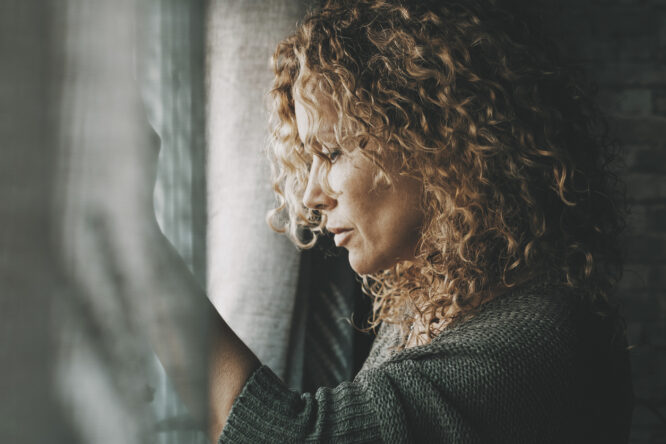
The older you get, the more you realise how valuable your time and energy are. You’re less willing to spend it on things that feel draining or unaligned. That could mean fewer social events, but it also means deeper alignment with how you want your days to feel.
Choosing to stay home doesn’t feel like missing out anymore—it feels like honouring your limits. You’re not saying no to people—you’re saying yes to what actually restores you.
10. You notice how overstimulating the outside world can be.

Loud places, crowds, flashing lights—it can all feel a bit too much as you get older. What once felt thrilling might now feel like sensory overload. You start gravitating toward places where your nervous system can breathe a little.
Plus, let’s face it—your home is probably the only place where you can fully control your environment. No awkward run-ins, no bad lighting, no constant buzz. Just you, your rhythm, and quiet when you need it most.
11. You stop equating busyness with a successful life.
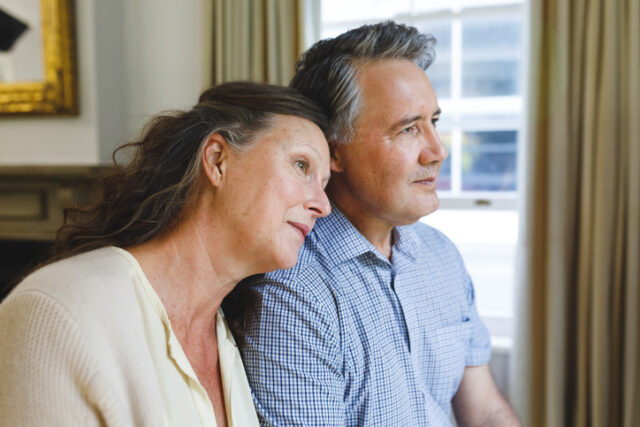
There’s this unspoken idea that the busier you are, the more exciting or meaningful your life must be. Luckily, with age comes the wisdom to question that. You start noticing how rest, stillness, and quiet joys matter just as much—sometimes more.
You no longer need a packed calendar to feel like you’re living fully. A slow Sunday at home with music and comfort food can feel more nourishing than any night out. Success starts to mean peace, not performance.
12. You want fewer surprises and more predictability.
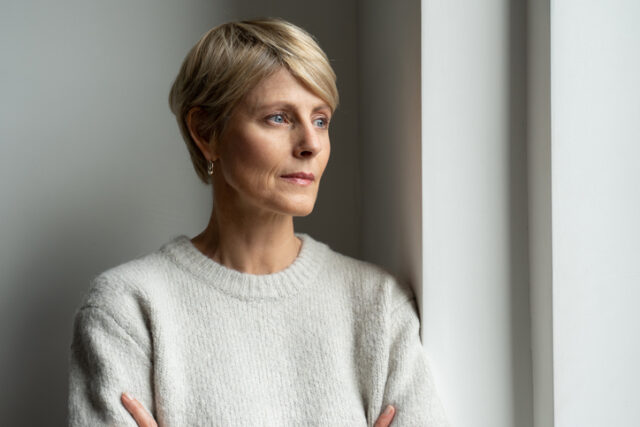
In your twenties, the unknown might feel exciting. But as you get older, comfort in the known becomes more appealing. There’s something nice about knowing exactly how your evening’s going to unfold, and that’s hard to get in unpredictable social settings.
Home gives you that control. You know where everything is, how it’ll feel, and what to expect. That kind of consistency isn’t boring—it’s calming. And when life gets hectic, that predictability starts to feel like a gift.
13. You become more selective about the energy you let in.
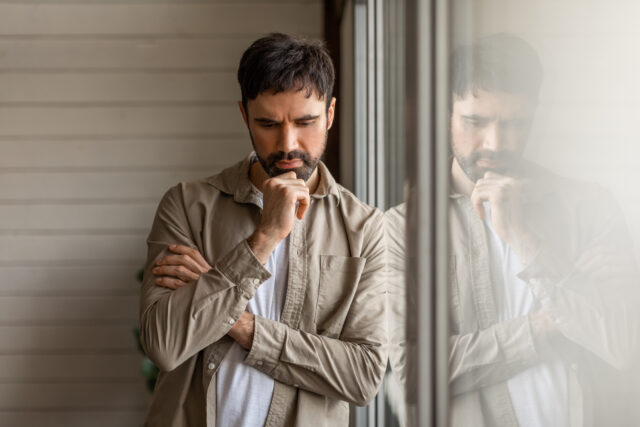
You start noticing how certain people or places make you feel, and you honour that. Loud, chaotic environments or people who bring drama just don’t hold the same appeal. Protecting your energy becomes a quiet act of self-respect.
And sometimes, the best way to protect your peace is by not leaving the house. It’s not anti-social; it’s intentional. You don’t owe anyone constant availability, especially when you’ve worked hard for the peace you have now.
14. You realise the joy of slow, simple things.
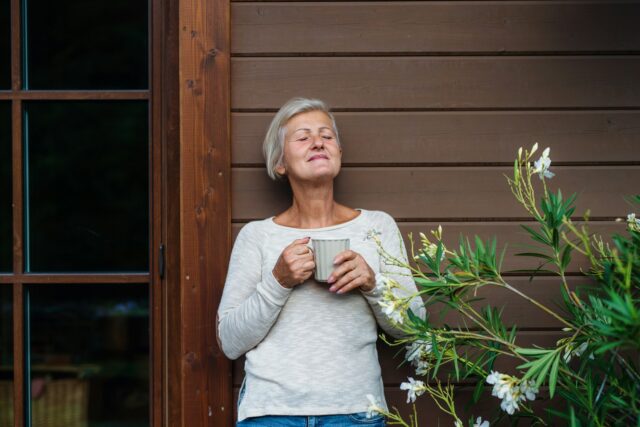
When you’re younger, you might miss how good it feels to just sit with a warm drink, listen to music, or do absolutely nothing. However, as you age, the slow moments start to sparkle. You notice the light through the window, the way your pet curls up next to you, or how good your own cooking tastes.
That shift doesn’t mean your life is shrinking; it means it’s getting deeper. You’re finding richness in places you used to rush past. More often than not, those places exist right inside your own home.




